Discover Japan
-
Why Book your Walking Holiday in Japan with Macs Adventure
Macs Adventure has been running self guided walking holidays in Japan since 2013. Japan has such a unique culture and customs, but also a completely unique terrain that we wanted to find trips where hikers could immerse themselves and find the Japan of their dreams.
We provide the freedom to choose from our tried & tested routes, pick your own travel companions, and discover the Japanese culture and countryside at your own pace.
We know how daunting it can be, heading out to a country with such different ways, but we knew from experience how important it is to have amazing partners on the ground in Japan to deal with any issues that you might come across. We are proud to say that our Japanese team are outstanding and should you have the slightest issue, they will fall over themselves to help you out, whether it is simply asking which bus to take or something more serious.
We'll make sure you have comfortable, friendly overnight accommodation in a mix of hotels and traditional Japanese Minshuku and Ryokan (guesthouses). We plan out as much as we can, so that you can spend your time exploring exactly what you want to see in Japan. You can book with confidence that we have it all covered for you.
We want to showcase our expertise, by giving you all the resources you will ever need. In the planning stage, we have free guides, comprehensive videos and a host of staff with their own Japanese walking experience, waiting to answer your questions. On the route, we use high-quality digital mapping as well as the best maps and guidebooks to make sure you find your way.
We love Japan and our main aim is to make sure that you do too.
![Why Book your Walking Holiday in Japan with Macs Adventure]()
-
Best Time to Visit Japan?Japan's climate varies depending on the season, and each is culturally important. Late Spring (March to May) and late Autumn (September to November) are generally the best times to visit Japan when there is little rainfall, skies are clear and temperatures are mild. The colder months of December to February are less popular with most visitors which can make travelling during this period cheaper, and the perfect time to visit the sights away from the crowds.Cherry BlossomThe most popular time to visit Japan is during this period when you can enjoy the magical sight of the cherry blossoms in full bloom. It happens around April and May however since it’s a natural event, the dates can vary according to weather conditions each year. The trees start to blossom in the warmer south in late March and peak about a week after blooming. In the cooler regions, the blossoming begins later usually around early May. It is an extremely busy time and if you are keen to travel to Japan during this period it is recommended to book our trips to well in advance.Golden WeekThe “Golden Week” is a collection of four national holidays within seven days. It is one of Japan’s three busiest holiday seasons along with New Year and the Obon week. During this time Japanese locals take holidays and transport and tourist sites can be extremely busy. We recommend avoiding this period if possible. If you do want to visit during this period, ensure you can book well in advance and expect higher prices.KoyoAutumn is almost as important as Spring in Japan when thousands of people practice the art of Momijigare, which literally translates as Red Leaf Hunting. The colours of a Japanese Autumn are phenomenal, with the traditional Acer trees producing a wide array of intense colours. Starting in October and running right through to December, Koyo is a great time to visit Japan.TokyoFor most travellers, this is a must-see, and rightly so! From historic temples and traditions to modern skyscrapers and technology. It’s the perfect way to finish a walking trip through rural Japan. This vibrant city is a year-round destination, though you will need to wrap up in winter and bring an umbrella most of the year. Winter, from December to March sees chilly days averaging around 6°C, though the temperature rarely drops below freezing. Summer, from June to August, sees temperatures with an average low of around 20 - 24°C and average highs from 22-27°C but the humidity can make it feel much hotter. The best time to visit is late Spring and late Autumn.
![Best Time to Visit Japan?]()
-
Cultural Tips for Visiting Japan
People often worry about causing offence and upset when visiting Japan. While the Japanese people are incredibly kind and forgiving, here are a few cultural tips to get you started.
Shoes - Removing your shoes when entering someone's house, or the occasional place of business is good manners. When you are on a walking holiday in Japan, in the more traditional accommodations, Minshuku and Ryokan, you will remove your shoes at the front door and be provided with slippers for the duration of your stay. You wear these everywhere indoors, with the exception of the toilet, where there is a special pair of toilet slippers. It sounds very rigid and complex but is actually great fun.
Bowing - Shaking hands is not really a thing in Japan. Some people will offer to shake hands out of respect for your culture, but in general, bowing is the way to go. It is a lovely experience to step onto the streets of Tokyo for the first time and see groups of people bowing to each other. It makes you realise where you are and it shows great respect when a foreigner takes on aspects of Japanese culture. It is generally only a short bow from the waist, but deeper bows show more respect.
Chopstick Etiquette - Chopsticks or Hashi (箸) in Japanese are used everywhere. You can always ask for a fork if you are struggling (Fōku フォーク) but it is a good idea to learn to use chopsticks before you go. However, just being able to use them is not all you need to know! There are a couple of things to keep in mind. The main ones are to never stick your chopsticks in a bowl of rice/noodles. If you are taking a break from eating, place your chopsticks on the little rest provided, or on the side of your plate. The other major no-no is to not pass food from one set of chopsticks to another. Both of these are linked to Japanese funeral rites, where large chopsticks are used and the last thing you want to do is compare the meal someone has cooked to a funeral!
Mindfulness - Ingrained in the culture of Japan is a wonderful sense of mindfulness. Nobody in Japan does two things at once, everyone focuses on the task at hand. So, nobody eats and walks at the same time, or smokes and walks at the same time. There are designated smoking areas and places outside 7-11s where you can eat. Don't speak on the phone and walk, or ride public transport, focus on your phonecall, then carry on with what you need to do. Small things, but worth replicating in the Western world.
Onsen Etiquette - Onsens are the (often natural spring) hot baths that Japanese people love. Onsens are a deep part of the culture and while we could write a book about Onsen rules, there are some basics to always obey. Intense showering must be done before entering the bath. The purpose of the bath is to relax, not to wash, so take a seat on the little stool and get washing. While everyone showers together (separated by gender of course) you do have a tiny towel with you should you wish to protect your modesty, and when you bathe, it is good form to sit this little towel on your head. It also comes in handy to wipe away sweat while in the bath, they are HOT, usually 40-43 degrees centigrade, but after the first couple of uncomfortable minutes, it becomes an act of pure bliss, particularly after a day's walking.
Japan is a cultural experience and there genuinely is no better way to experience it than to take a hike out into the less-travelled parts of the country.
![Cultural Tips for Visiting Japan]()
-
Forest Bathing, Japan's alternative form of well being
Japan has become synonymous with the art of Forest Bathing (Shinrin Yoku). Forest bathing has actually become a vital part of the preventative healthcare system in Japan. Studies have shown it can reduce the stress of the sensory overload accumulated by modern lifestyles. Swap modern sensory experiences for the natural sights and sounds of the forest and take in the stillness around you.
Whilst you are likely to experience the hustle and bustle of Japan's major cities on our tours, you will also see the polar opposite of it by experiencing and connecting with the Japanese wilderness on the Kumano Kodo Trail, The Nakasendo Trail or the Shikoku Pilgrimage Trail.
So as you walk through these serene Japanese forests, why not try some Forest Bathing? Use all of your senses - Feel the rough bark of a tree trunk, listen to the rustle of the leaves, notice the different smells of the forest and take a minute to really look at the beauty all around you. Breathe deeply and embrace the almost meditative state you may find yourself in as you take in all the nature around you and allow your mind to rest!
![Forest Bathing, Japan's alternative form of well being]()




















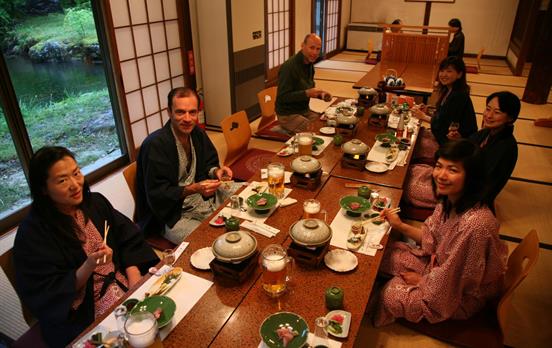
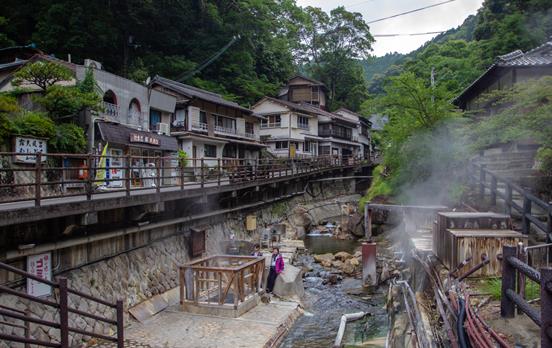
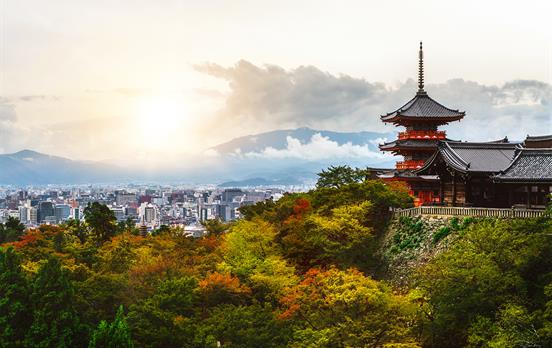
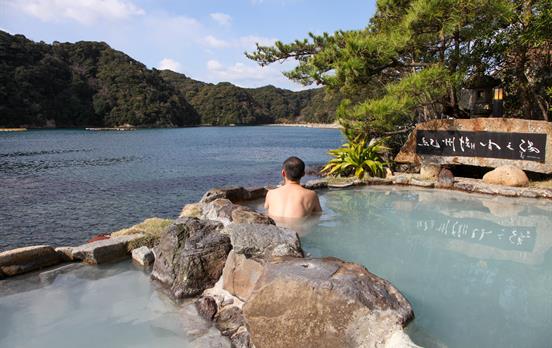
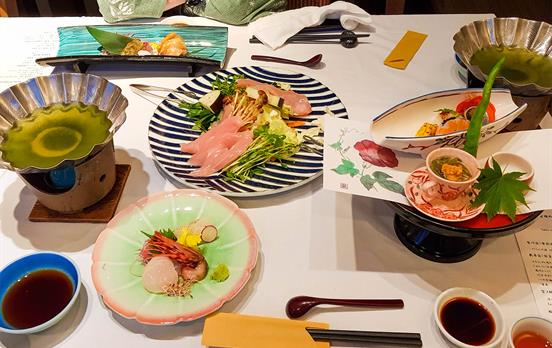

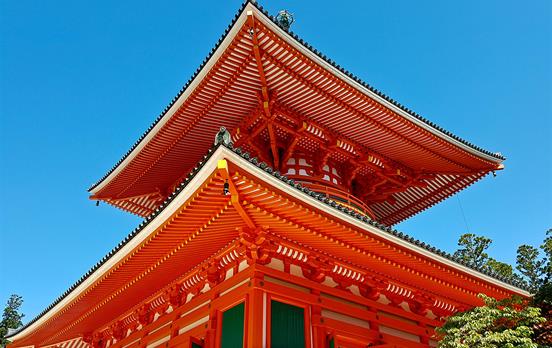
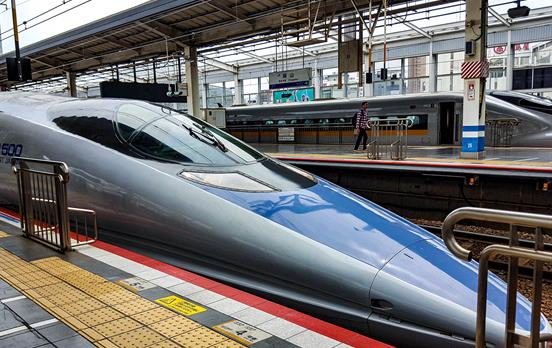
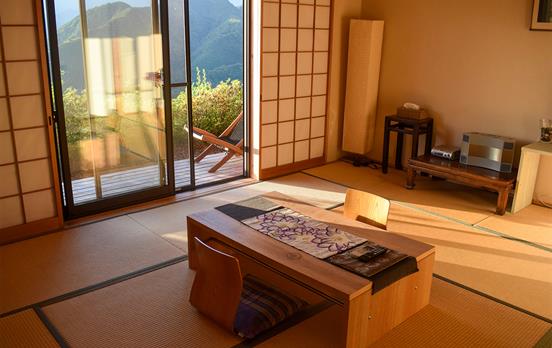
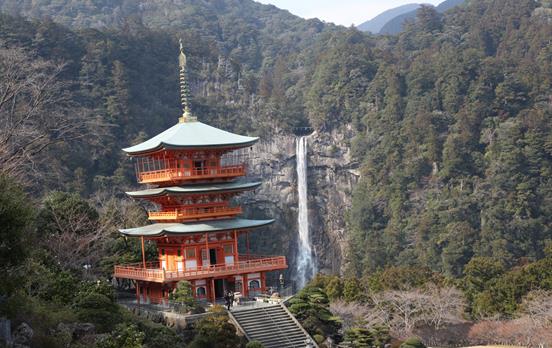
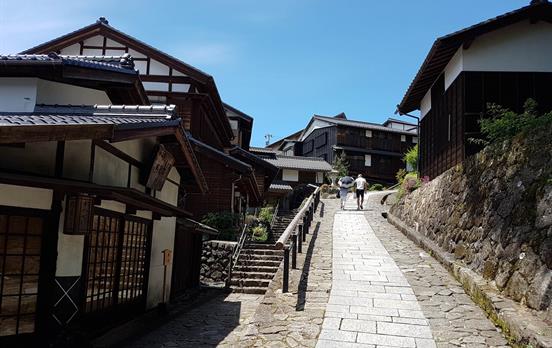




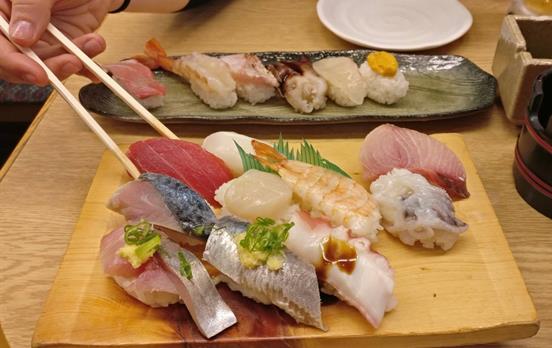
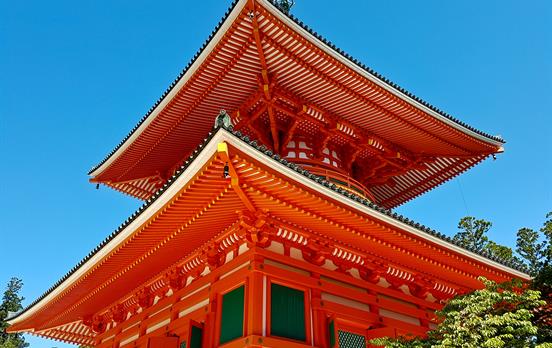
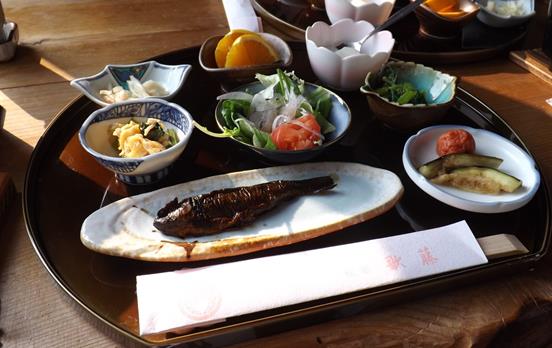
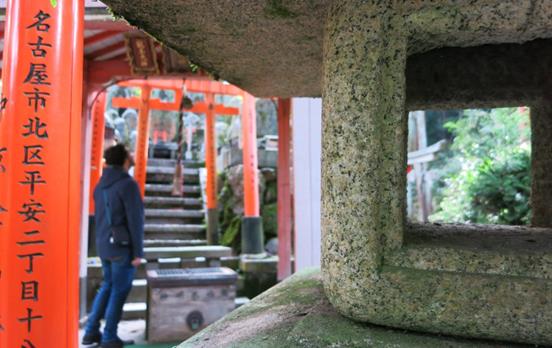
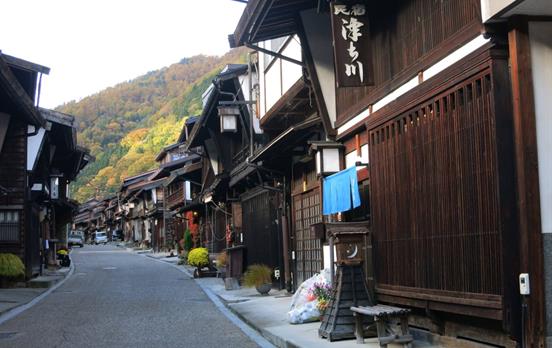
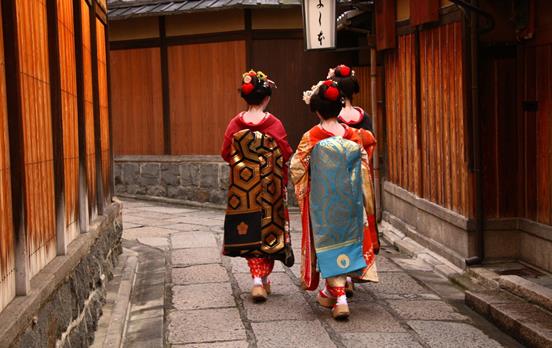
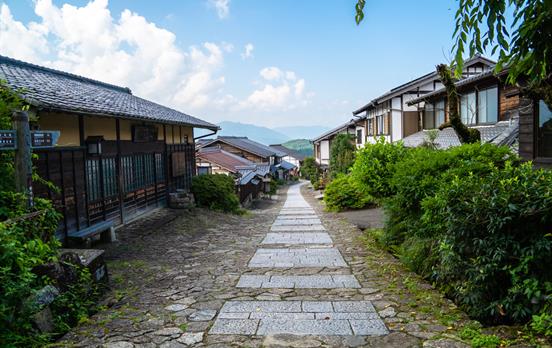
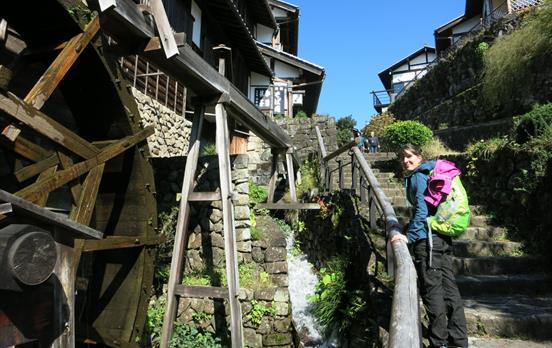
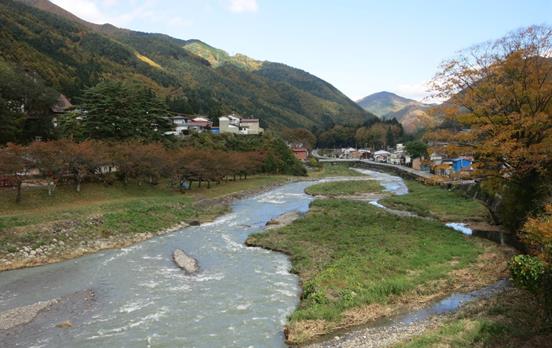


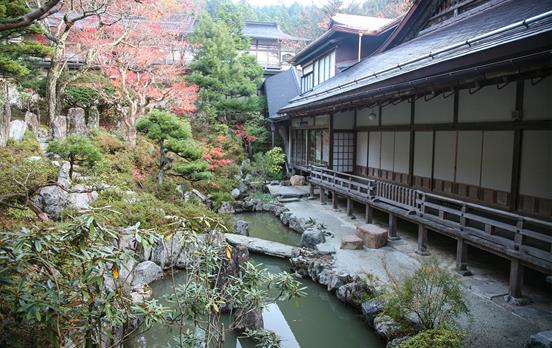
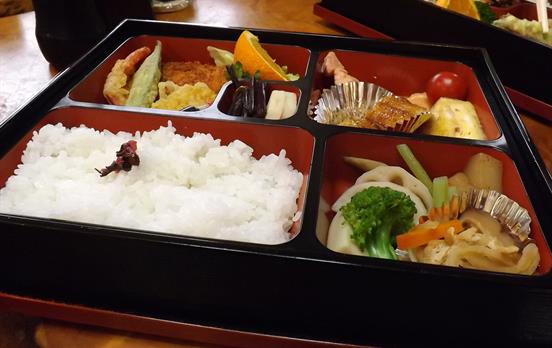
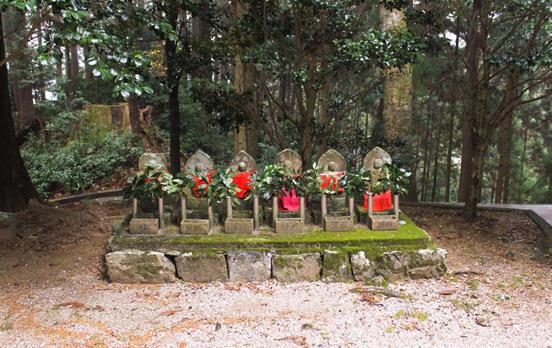
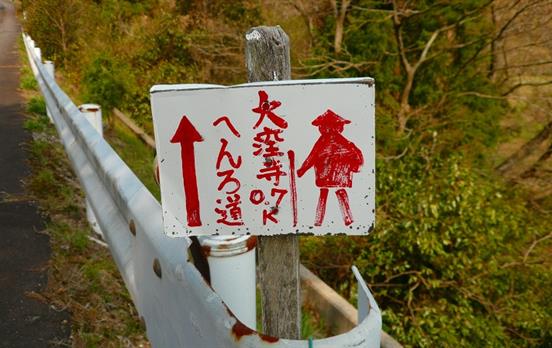
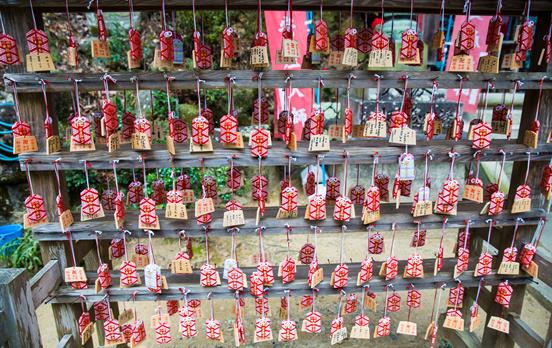
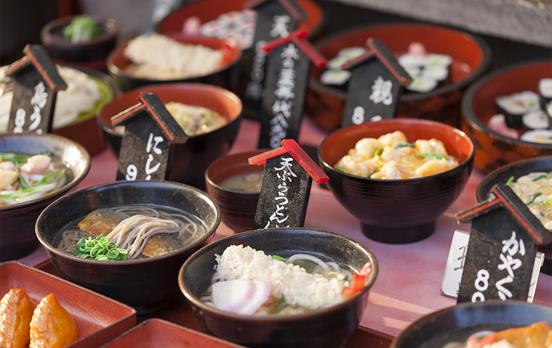
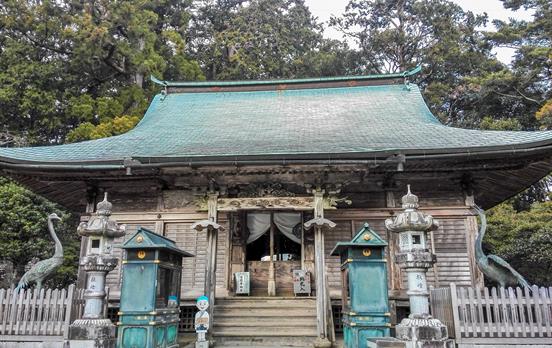
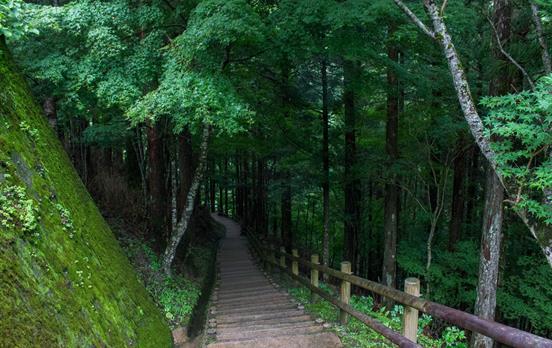
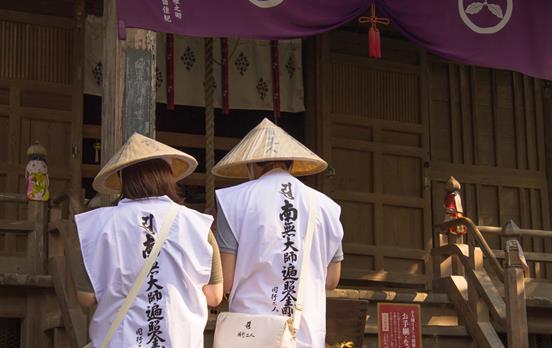

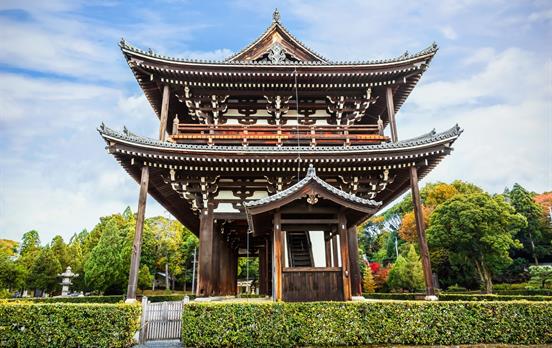

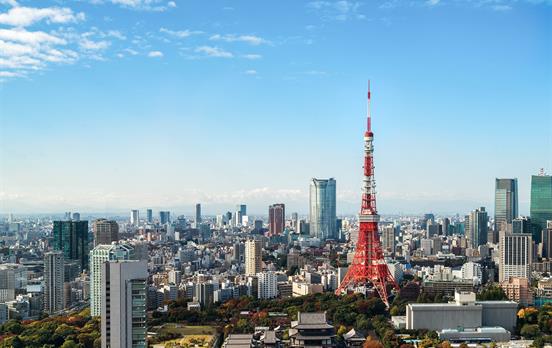
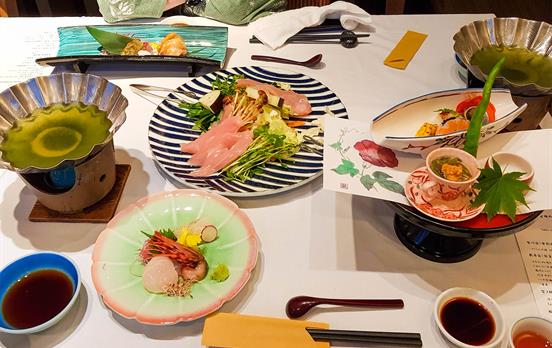
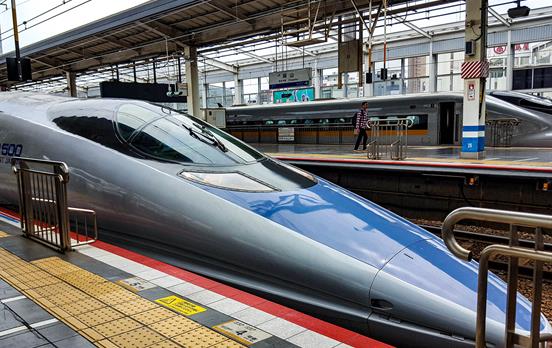

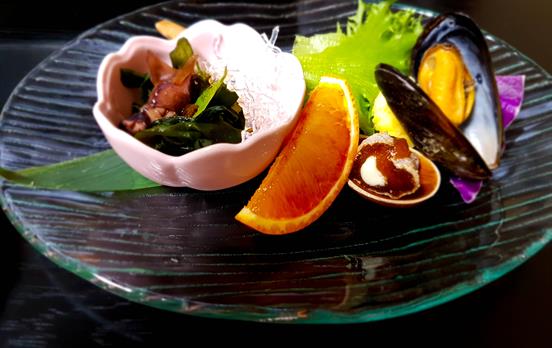
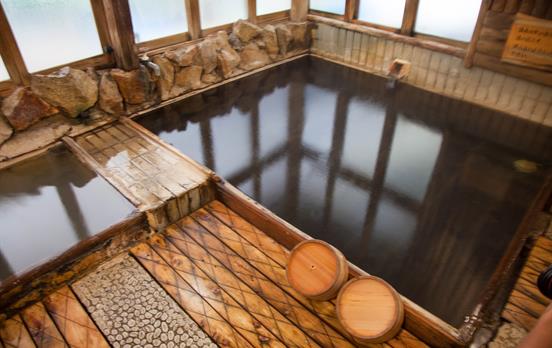
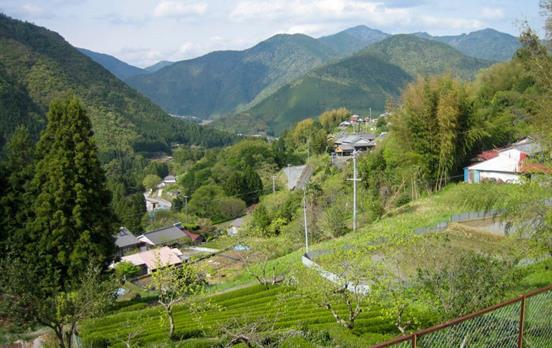

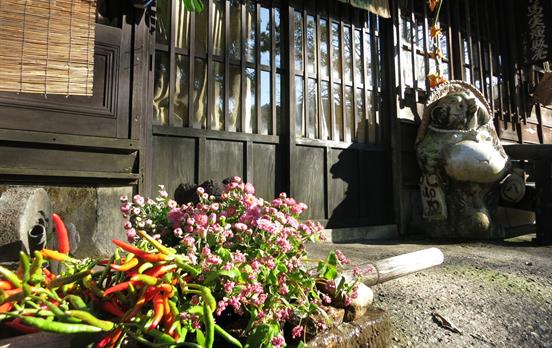
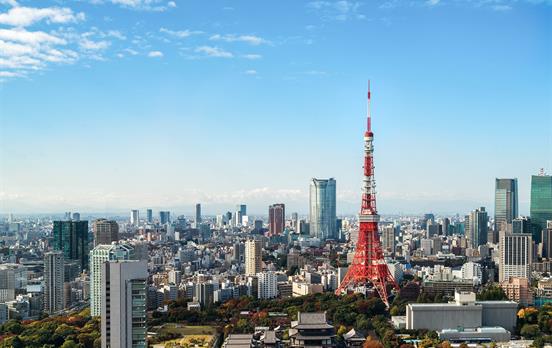

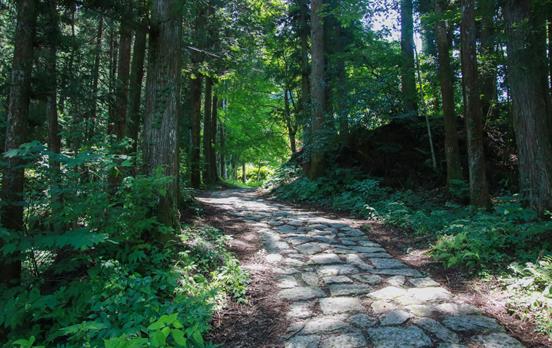

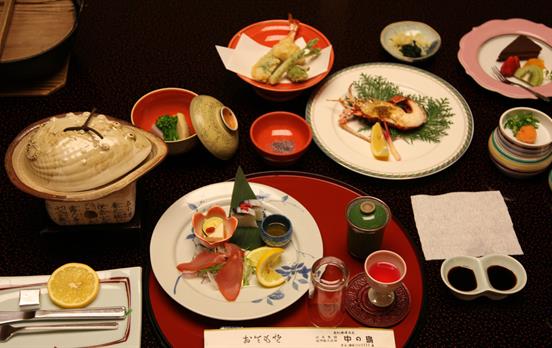
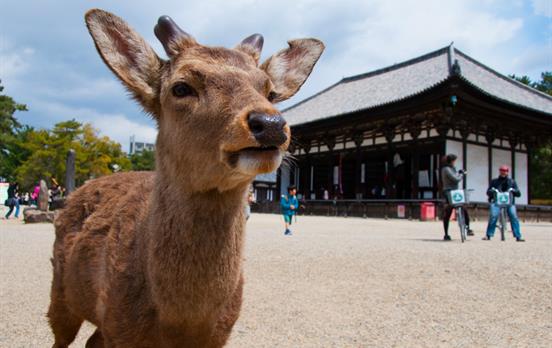
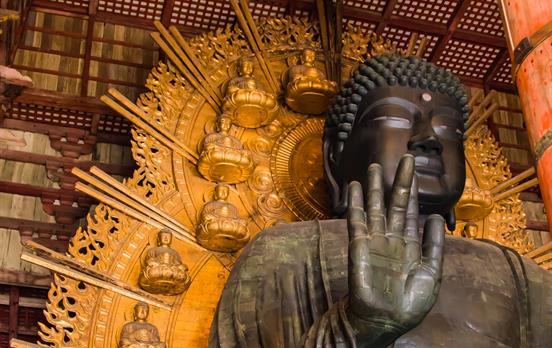
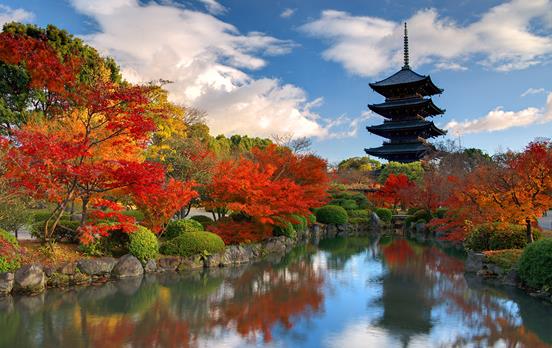
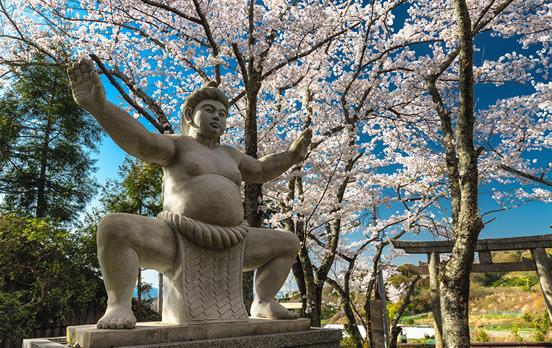
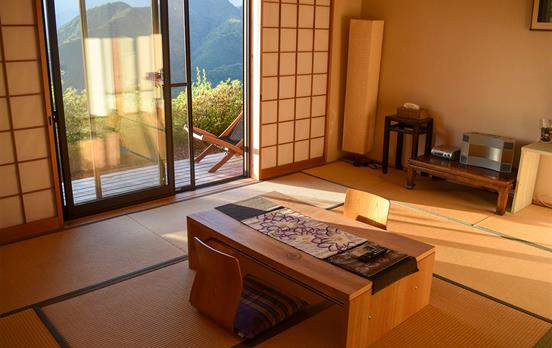
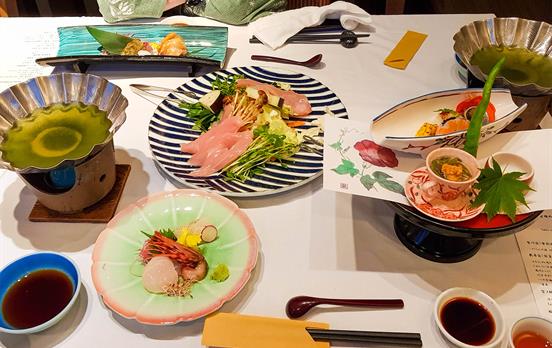
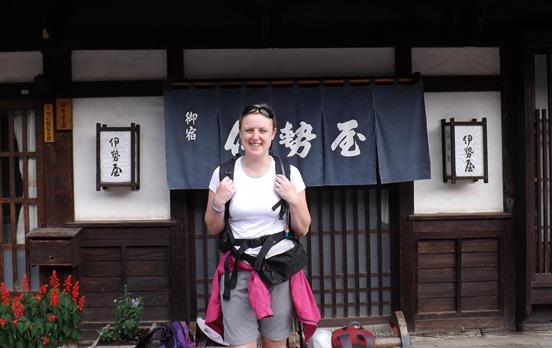
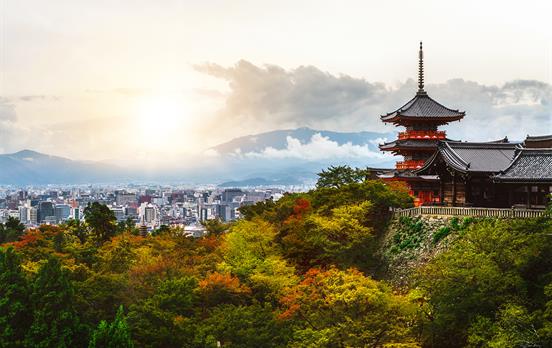
















 Australia
Australia New Zealand
New Zealand South Africa
South Africa European Union
European Union